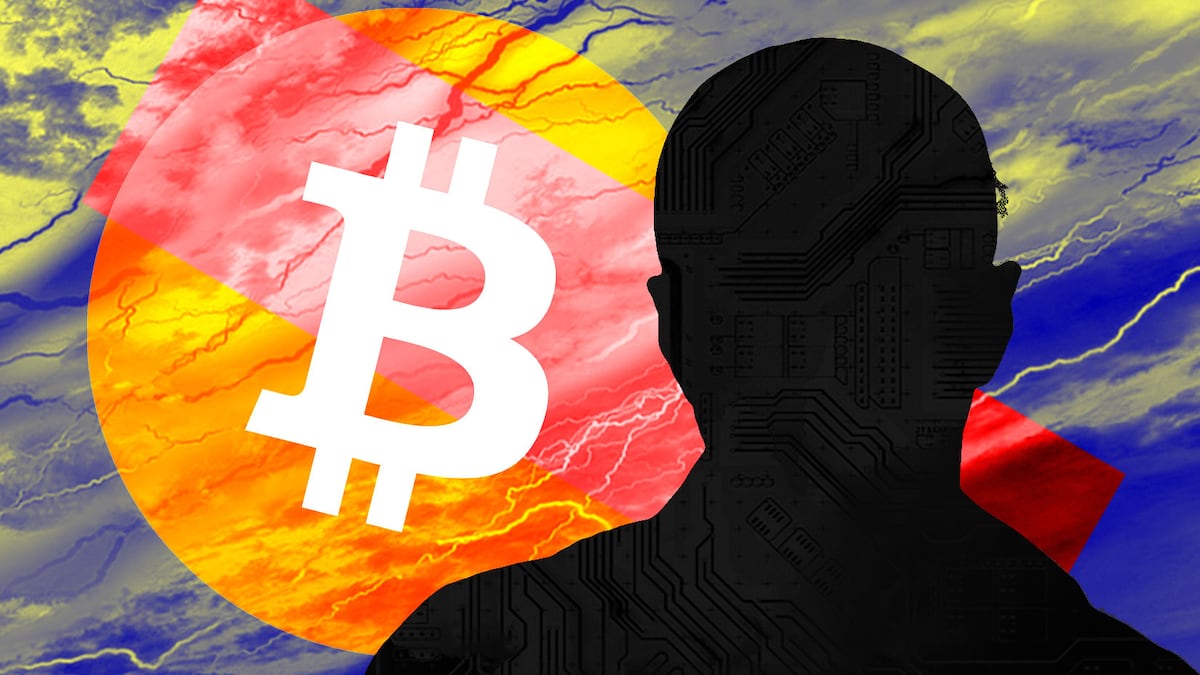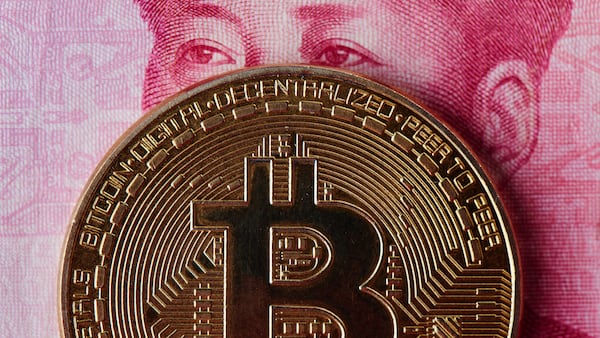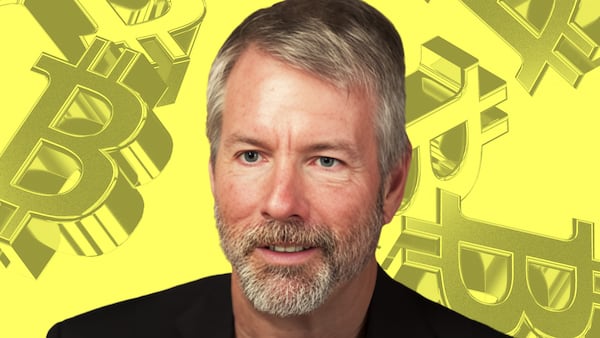- A new documentary could shed light on Bitcoin creator Satoshi Nakamoto's identity.
- In recent months, over a dozen early Bitcoin wallets have sprung back to life.
Over a dozen early Bitcoin wallets have sprung back to life amid a new investigation into the identity of the network’s pseudonymous founder, Satoshi Nakamoto.
In recent months, these wallets, among the first active on the network between 2009 and 2010, have moved a combined $35 million to new addresses and crypto exchanges.
Back then, Bitcoin was little more than a niche cypherpunk project relegated to internet forums, shepherded by its enigmatic creator, Nakamoto.
Normally, such movements wouldn’t draw significant attention. It’s not uncommon for old wallets to move Bitcoin around occasionally.
But the increased frequency of wallet movements, coupled with the recent announcement of a new HBO documentary focusing on Nakamoto’s identity, adds a fresh layer of intrigue.
Who is Satoshi?
The identity of Bitcoin’s creator is one of the internet’s most enduring mysteries.
Several names have been put forward over the years, ranging from early Bitcoin collaborators like the late Hal Finney, smart contract inventor Nick Szabo, and even an international drug dealer called Paul Le Roux.
In March, a UK high court ruled Craig Wright, who had long-claimed to be Nakamoto, was not the creator of Bitcoin due to a lack of supporting evidence.
It’s not yet known who — if anyone — HBO’s upcoming documentary, “Money Electric: The Bitcoin Mystery,” will pin as Nakamoto.
Early wallet movements
Still, the excitement has got crypto pundits speculating that the early wallet movements could be connected to information revealed in the documentary.
Due to when these wallets were active on the Bitcoin network, some say they were likely among Satoshi’s earliest collaborators.
On September 20, a group of five wallets transferred a combined 250 Bitcoin, worth $15 million, to new wallets. Those Bitcoin can be traced back to 2009, when the owner of the wallets mined them.
A month earlier, another wallet containing 250 Bitcoin mined in 2010 performed a similar manoeuvre.
Separately, several smaller wallets that had been inactive for over a decade also transferred millions of dollars worth of Bitcoin to new wallets and crypto exchanges Kraken and Binance, in recent months.
Other explanations
But there are other explanations for the early wallet movements.
Although many of the wallets mined Bitcoin during the network’s early days, they continued making transactions after Nakamoto’s final known message in April 2011.
Considering other crypto wallets confirmed to belong to Nakamoto were not active after this point, it’s unlikely that those wallets belong to the Bitcoin creator.
Another possibility is that some early Bitcoin holders, inactive for years, might now be moving their assets for various reasons, including potential release from legal or personal constraints. However, there is no direct evidence connecting these wallets to criminal activities.
At least 130 individuals were arrested in connection to the drug marketplace, where Bitcoin was the currency of choice, between 2013 and 2015. According to Bureau of Justice statistics, the average sentence for drug trafficking offences is between six and 15 years.
In 2023, the Department of Justice seized $54 million of crypto belonging to convicted Silk Road drug dealer Christopher Castelluzzo.
While serving a 20-year sentence, Castelluzzo talked about how he planned to launder his stash upon his release during recorded prison telephone calls, resulting in the seizure.
There’s also a fairly large number of people who mined Bitcoin in its early days, making it difficult to attribute early wallets to any single person.
Posts on Bitcointalk, an early forum for Bitcoin enthusiasts, show that lots of people were mining Bitcoin between 2009 and 2010.
Individuals could still mine Bitcoin successfully using an average off-the-shelf computer up until mid-2010.
“The Bitcoin Mystery” is set to air on HBO on Wednesday, October 9.
Tim Craig is DL News’ Edinburgh-based DeFi Correspondent. Reach out with tips at tim@dlnews.com.





